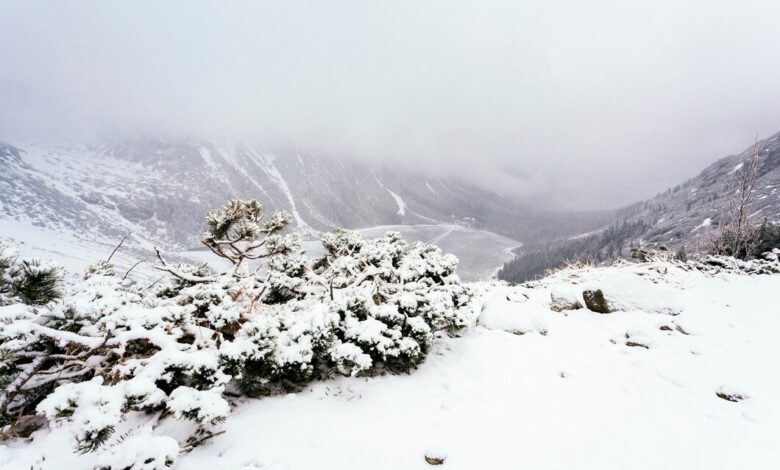The Harsh Reality of Climate Change in Qacha’s Nek: Livestock Farmers Face Devastating Losses

The picturesque landscape of Qacha’s Nek, renowned for its stunning vistas and thriving agricultural practices, is now marred by a troubling reality as local livestock farmers confront the harsh impacts of climate change. Just as they prepared for the traditional warm season, an unexpected and relentless snowfall has swept through the district, leading to the tragic loss of countless livestock.
Mr. Ts’ele Matabana, Secretary of the Qacha’s Nek Wool and Mohair Growers Association (QWMGA), provided a somber update on the situation. He reported that over 100 sheep, goats, and lambs, alongside more than 60 cows, have perished under the weight of the extreme weather conditions since yesterday. “It is devastating to see so many animals lost to the snow,” he lamented, highlighting the profound emotional and financial toll this disaster has inflicted on the community.
The Impact of Climate Change
Farmers in Qacha’s Nek are no strangers to the challenges posed by climate change, which has been disrupting traditional weather patterns and seasons. The unexpected snowfall not only threatens livestock but also disrupts the farming cycles that local communities rely on for their livelihoods. With the arrival of winter-like conditions during what should be a warm season, farmers face heightened anxiety about their remaining livestock and the sustainability of their agricultural practices.
The snow’s impact is particularly severe given that many farmers in the region depend on livestock for their economic stability. The loss of animals not only affects their immediate income but also jeopardizes the longer-term viability of their farms and the livelihoods of their families.
Community Response
In the face of such adversity, the community is coming together to support affected farmers. Local organizations and associations are mobilizing resources to provide assistance, from veterinary care for surviving livestock to financial support for farmers grappling with their losses. However, the scale of the disaster has left many feeling overwhelmed and anxious about the future.
The situation has sparked discussions within the community about the need for resilience and adaptability in the face of climate change. Farmers are recognizing the importance of implementing sustainable practices, improving animal husbandry, and diversifying their agricultural activities to mitigate the effects of such unpredictable weather patterns in the future.
Looking Ahead
As Qacha’s Nek navigates this difficult time, it becomes clear that immediate relief efforts are critical, but so is the need for long-term strategies to combat climate change. Education on climate resilience, investment in sustainable farming technologies, and collaborative efforts to advocate for policy changes are essential steps that the community must take together.
Mr. Matabana’s words resonate deeply with the sentiment in Qacha’s Nek: “We must come together to support one another and find ways to adapt. Our future depends on it.” While the picturesque landscape of the region may currently be overshadowed by this alarming reality, the strength and determination of the community provide a glimmer of hope as they work towards recovery and resilience in the face of adversity.
Join 'Lesotho News' WhatsApp Channel
Get breaking Lesotho news — delivered directly to your WhatsApp.
CLICK HERE TO JOIN



